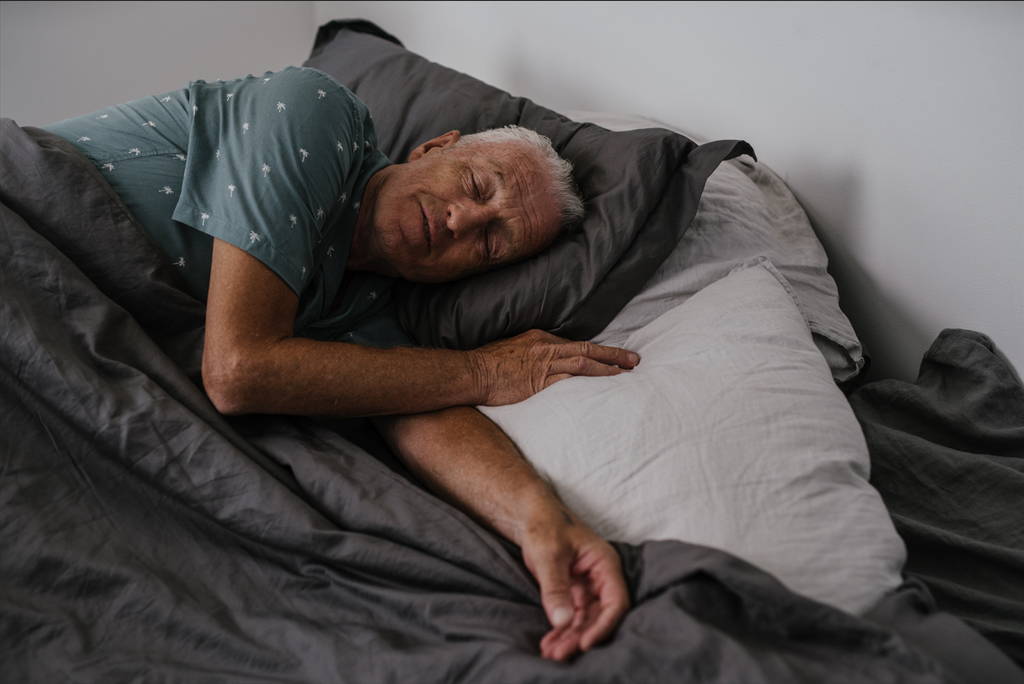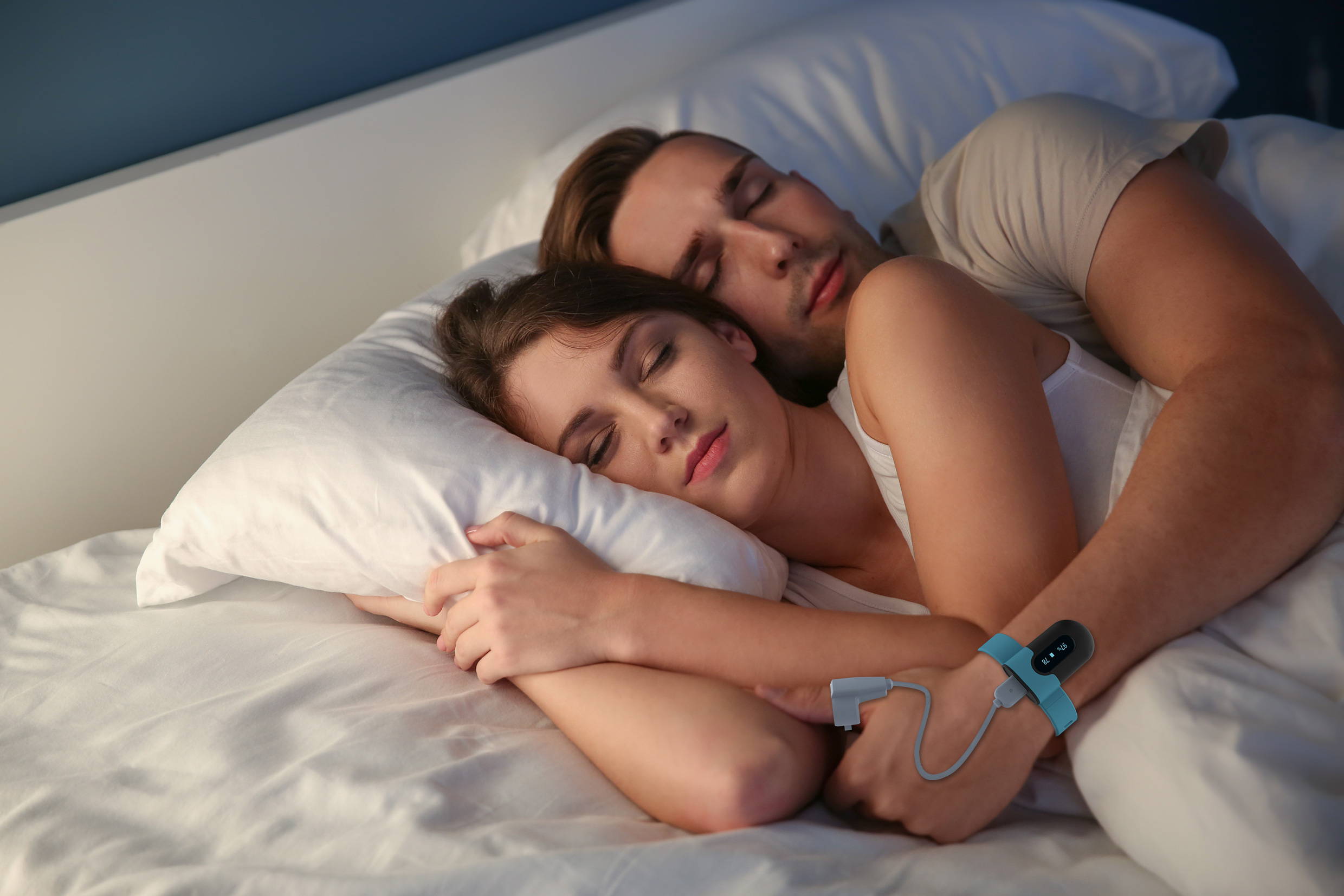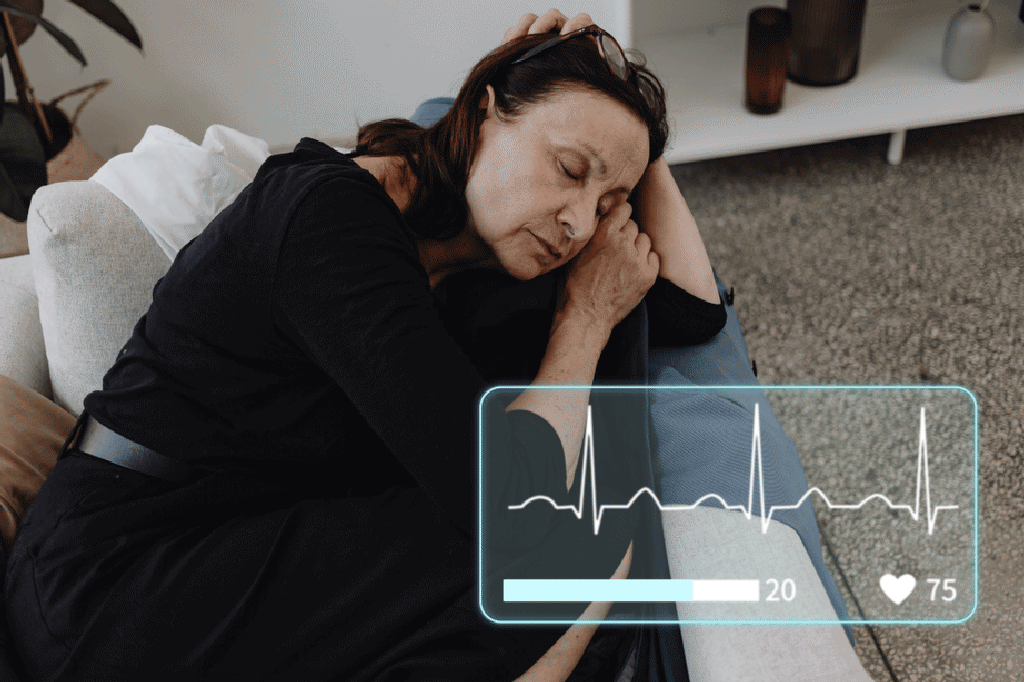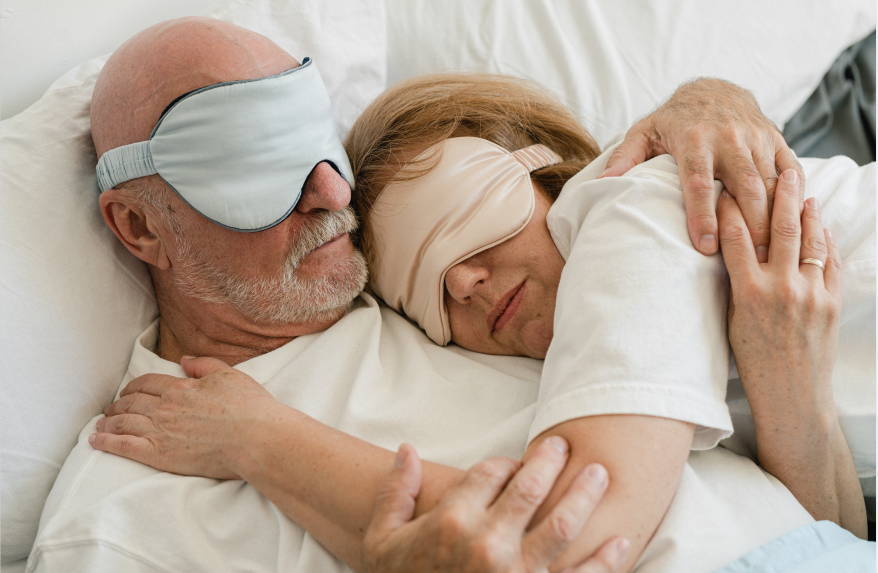There are many different sleep positions that people adopt night after night, but is there one that’s better than the rest? According to new research, the answer may be yes. A recent study found that the best sleep position is on your back with your head elevated. Read on to learn more about this finding and how you can get a good night’s sleep no matter what position you prefer.
Different sleep position and what they mean for your health
Your sleep position is much more relevant to your overall health than you might think. Various studies have shown that certain sleeping positions are linked to certain health benefits, while others can contribute to poor sleep quality and other health issues. For instance, those who sleep on their back tend to have fewer wrinkle lines in the morning due to the way their face rests on the pillow, whereas side-sleeping helps keep your spine aligned as well as possibly reducing loud snoring. Stomach-sleeping, while it usually leads to lower back pain, might be beneficial if you are experiencing acid reflux symptoms. Understanding the different types of sleep positions and what effects they have on your overall health can help you find a healthier sleeping pattern that works for you.
The benefits of sleeping on your back
Sleeping on your back can have many benefits for your overall health. For example, sleeping in this position with the head slightly elevated helps reduce acid reflux and prevents wrinkles from forming on your face due to contact with the pillow. Furthermore, since gravity pulls everything naturally to the ground when lying on your back, it can help reduce snoring by keeping nasal passages open. Additionally, sleeping on your back may even reduce neck and back pain since your spine remains in proper alignment throughout the night. Although it is not the most common sleeping position for many people, switching to sleeping on your back may provide significant health benefits.
The drawbacks of sleeping on your stomach
One of the most common sleeping positions people experience is sleeping on their stomachs. While this can be a comfortable way to drift off and have a restful sleep, it does unfortunately come with a few drawbacks. An individual who lies in this position places pressure on his or her torso, which can impact breathing and often induce snoring. Additionally, your spine may not be completely supported while sleeping on your stomach and this may lead to posture issues over time. Perhaps the most frustrating part of this position is that without proper support, your neck may become tense or suffer from strain due to twisted positioning in the middle of the night. For these reasons and others, it is important to understand the potential detriments of opting for stomach-sleeping and weigh them against the comfort that comes with it.
The pros and cons of sleeping on your side
Sleeping on your side can be beneficial to certain aspects of your health, but also poses some potential risks. Proponents of side sleeping state that it can improve circulation due to the even distribution of body weight, reduce acid reflux and provide better alignment for those with back or neck pain. On the flip side, lateral sleeping has been found to cause discomfort in the form of shoulder pain and numbness, as well as constricting breathing. In order to make sure you don't experience these discomforts when sleeping on your side, its important to find a pillow that properly supports your head and neck. Additionally, some people may be more comfortable shifting between multiple positions throughout the night to mix up body parts used for support and disperse pressure.
How to find the best sleep position for you
To find the best sleep position for you, it's important to listen to your body and consider a few criteria. Are you comfortable? Are your body parts in an alignment that helps reduce aches and pains? Does the posture support your lower back or neck? Are you able to breathe easily? Should you use any pillows or cushions as props? By answering these questions, you can determine whether or not certain sleeping positions are helping--or hindering--your quality of sleep. You may also want to try different positions during different times of day. Making lifestyle changes, such as exercising more often or cutting down on caffeine, could also help influence which sleeping position is ideal for you.
Tips for improving your sleep quality
Creating a consistent bedtime routine is one way to help you drift off more easily each evening. Setting aside screens and switching off in favor of calming activities like reading or listening to music can also be beneficial. Try investing in comfortable linens and allowing enough room for your body temperature to regulate naturally. Additionally, steering clear of large meals or caffeine late in the day can help you avoid tossing and turning at night. Through small adjustments, any sleep routine can be improved - with long-term benefits for your energy levels and focus during the day!
Oxygen monitoring is a great tool for those concerned about the quality of their rest. An oxygen monitor takes continuous readings throughout the night, allowing individuals to detect any decrease in their inhalation levels and take action as necessary. By detecting problematic drops in oxygen supply, oxygen monitors can help alleviate symptoms that can impede on or disrupt sleep, such as shortness of breath, snoring, gasping or wakes during sleep. By tracking your levels throughout the night and helping you identify underlying causes for these disturbances, an oxygen monitor is an effective tool for achieving better quality rest.
While there are many different sleep positions, sleeping on your back is often considered the healthiest option. Sleeping on your stomach can lead to neck and back pain, while sleeping on your side can cause wrinkles and put pressure on your organs. By understanding the benefits and drawbacks of each sleep position, you can find the best sleep position for you and improve your overall health. Are you ready to try out a new sleep position?
WRITTEN BY VIBEAT
Related Blogs
Recommended Products





